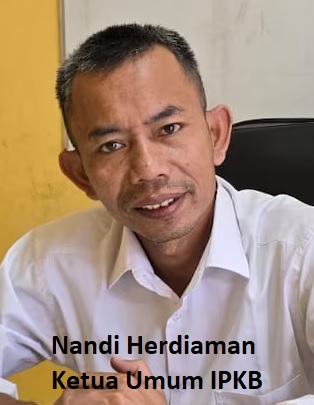The association said that the textile industry's performance in the first quarter of 2021 decreased compared to the previous quarter due to sluggish demand and the rush of imported products.
The textile industry's performance in the first quarter of this year actually worsened amidst the government's optimism for economic recovery. The Indonesian Textile Association (API) said the average utilization rate of the textile and textile products (TPT) industry only reached 6o%, down from the previous quarter which reached 70-80%.
Secretary General of the Indonesian Textile Association (API) Rizal Tanzil said the condition of the textile and textile products (TPT) industry has not yet recovered from the hit of the Covid-19 pandemic. In addition to sluggish demand, booming sales of imported clothing have also affected domestic industries.
"We cannot predict what the performance will be like this year. The most important thing is market protection and creating demand, ”said Rizal.
He explained that many imported clothing products were sold at very cheap prices. This condition makes it difficult for domestic producers to compete. Not surprisingly, imported products dominate the domestic clothing market.
“On average, our people are looking for cheap goods. If the market contains imported goods that are cheaply priced, it is clear that our products are not able to compete, ”he said.
On the other hand, according to him, the increase in demand ahead of Eid this year is not significant. More demand comes in the downstream industry for certain textile products, such as sarongs and robes.
Rizal hopes that the government will immediately implement safeguards in the garment industry so that the domestic market is protected. "These safeguards are very important to implement, so that the prices of imported products are not too cheap, so that consumers can switch to domestic products," he said.
According to him, the key to the textile industry's recovery depends on market readiness for available products. Apart from that, people's purchasing power is also a driving factor for the rise of the domestic textile market.
He also said that economic activity could increase along with the vaccination program. "With this vaccination we hope that economic movements, community movements and movement of goods will no longer be limited," he said.








